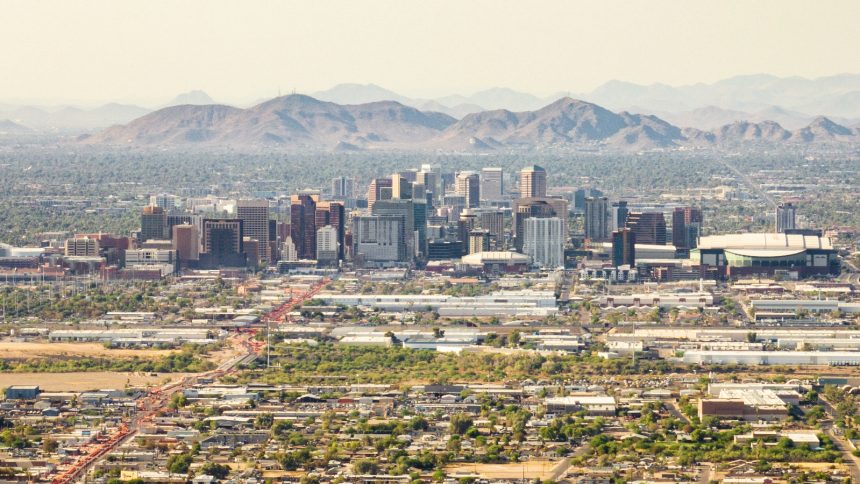This story was originally published by Capital & Main.
Several downballot elections in Arizona and Nebraska this year have the potential to significantly impact the transition from fossil fuels to clean energy, but these contests often go unnoticed by the media. Board members of public utilities in these states are up for election, and the results could shape energy policy for millions of Americans.
Concerns have been raised about the influence of money in these elections, especially in light of corruption scandals across the country. Utility fraud and corruption have cost customers billions, with some power companies either supporting or hindering the transition towards renewable energy sources.
In Arizona, the Salt River Project recently saw clean-energy candidates winning seats on its board, despite the utility being a major emitter of greenhouse gases. The new board members aim to accelerate the deployment of solar energy and promote watershed protection in a region facing drought and extreme heat.
Similar efforts were successful in Nebraska, where clean-energy advocates secured seats on the board in 2016, leading to a commitment to achieve net-zero emissions by 2050. These examples illustrate the impact that local elections can have on shaping energy policy and combating climate change.
The upcoming elections for public utility boards and commissions serve as opportunities for voters to influence the direction of energy policy in their states. By electing officials who prioritize clean energy and sustainability, communities can work towards a more environmentally friendly and sustainable future.
Remember, your vote counts and can make a difference in shaping the energy landscape of your state.





